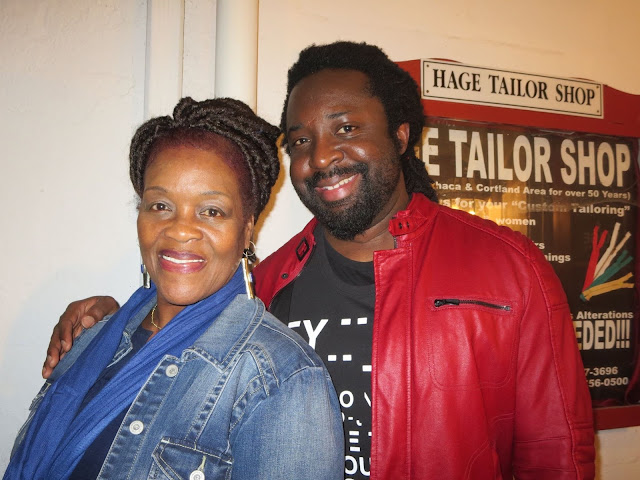So I can retire in
peace.
At the end of
every semester, my students give their own “This I Believe” speech, which was
inspired by the NPR series.
I’ve been using my
novel, Garvey’s Ghost, as the
textbook, and one of my students confessed during her speech.
I remember complaining to my mom about my skin color one Sunday morning. My two older brothers are both white and I am what you would call “Café con Leche.” I just wanted to look like my mother and brothers. The fact that my brothers used to tease me about being a “Negrita” made me insecure. When we would go grocery shopping they would point at a box of Negrita flan and say, “Look, what is Melody doing on the cover?” When my brothers did that I would cry and cry, until I could not cry anymore.
Now that the semester is over, I asked her to expand on the idea and she wrote this.
Reading Garvey’s Ghost brought all these memories back into the light. Just like Kathryn, I was insecure about my appearance and I needed guidance towards self-discovery. Fortunately, my parents were there to steer me into who I was meant to be, a daughter of God.
Garvey’s Ghost encourages us to think of ourselves as perfect human beings. We need to wake up to the truth that we are beautiful and intelligent people (Philp 215).
I am very grateful that I was exposed to this truth at a young age. I learned to love myself and embrace the caramel skin that God gave me. Garvey’s Ghost is not only about Kathryn finding herself, but about the reader finding out who they are.
Nowadays, I love that the first words that come out of my father’s mouth when he sees me; “Hola Negrita, como estas?”
I think I've accomplished what I needed to do on Calle Ocho.










